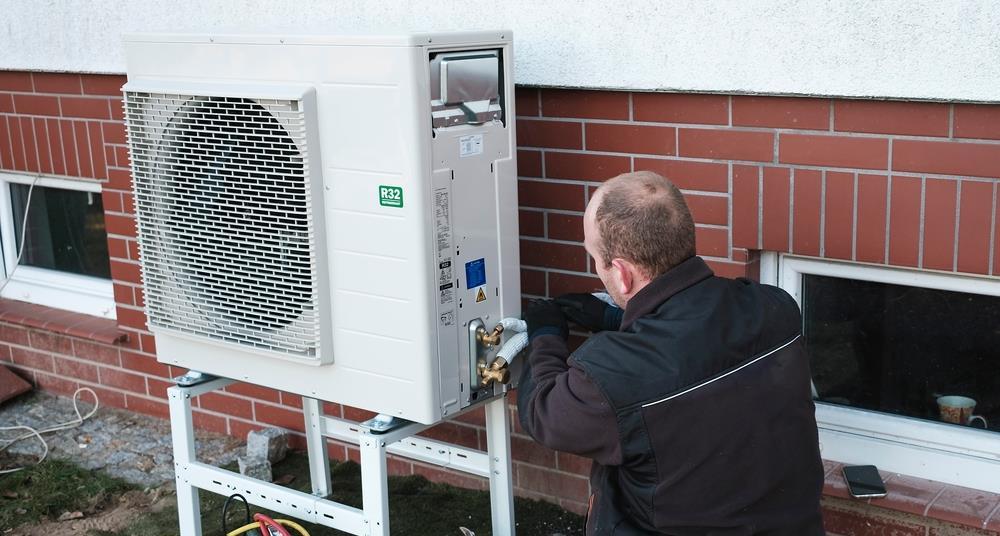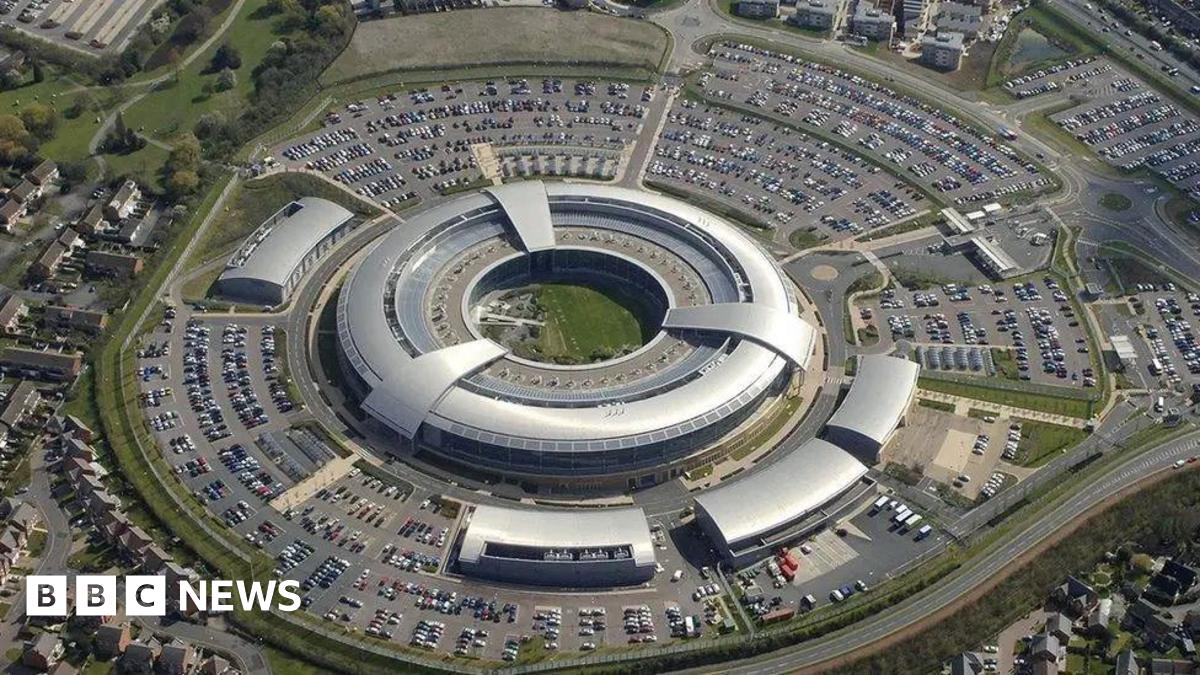Infra
Infrastructure body backs massive heat pump roll-out but spurns hydrogen

The UK government should rule out backing hydrogen as way to heat homes and instead focus on the speedy roll-out of heat pumps and networks, according to country’s top infrastructure advisor.
The National Infrastructure Commission, an executive agency of the government which makes non-binding recommendations to government, said electrification was the only viable option for decarbonising buildings at scale and meet the UK’s climate targets.
Seven million buildings in England need to make the transition to heat pumps and heat networks by 2035 to meet the sixth carbon budget, which will require a 35% annual growth rate in installations.
Gas boilers currently heat around 88% of English buildings but the commission noted that there is precedent for the massive systemic shift it is advocating – in the 1960s and 1970s, all properties connected to the gas network were converted from town gas to natural gas in just ten years.
“It’s fair to say that at present, a lack of clear information, patchy access to installers and higher upfront costs discourages the shift to heat pumps that we believe we need,” said NIC commissioner Nick Winser.
“Instead, households need to be supported to make this transition. We think that heat pumps should be the dominant electrified heating solution – they are highly efficient, they are available right now, and they are the solution being deployed at scale in other countries”
The commission set out a fully costed programme government support for households to make the switch in its second National Infrastructure Assessment (NIA), published this morning.
The NIC recommended that government fully subsidise the costs of installing a heat pump for one third of households – based on income – and offer £7,000 to all other to switch to a heat pump or heat network.
>>See also: Redrow to fit heat pumps and underfloor heating as standard
>>See also: Could stamp duty reform be the answer to making UK homes net zero?
>>See also: Inside the £16m research centre testing houses against the elements
Under the organisation’s proposals, the upfront subsidy – which would cost the government £1.9bn a year to 2035 – would make heat pumps cost competitive with alternatives and would taper off over time as the costs associated with the green technology fall.
The investment needed to cover the full cost of heat pump installation for lower income households would be £1.3bn a year to 2035 and the NIC recommends a further investment of £3.2bn a year to 2035 to improve energy efficiency and install heat pumps across the public sector estate and social housing.
Currently, the government offers grants of £7,500 for heat pump installation under a three-year scheme which has an annual budget of £150m until March 2025.
The NIA is the commission’s five-yearly review which sets the agenda for major projects for the next three decades. Ministers are required to respond to its recommendations within 12 months.










